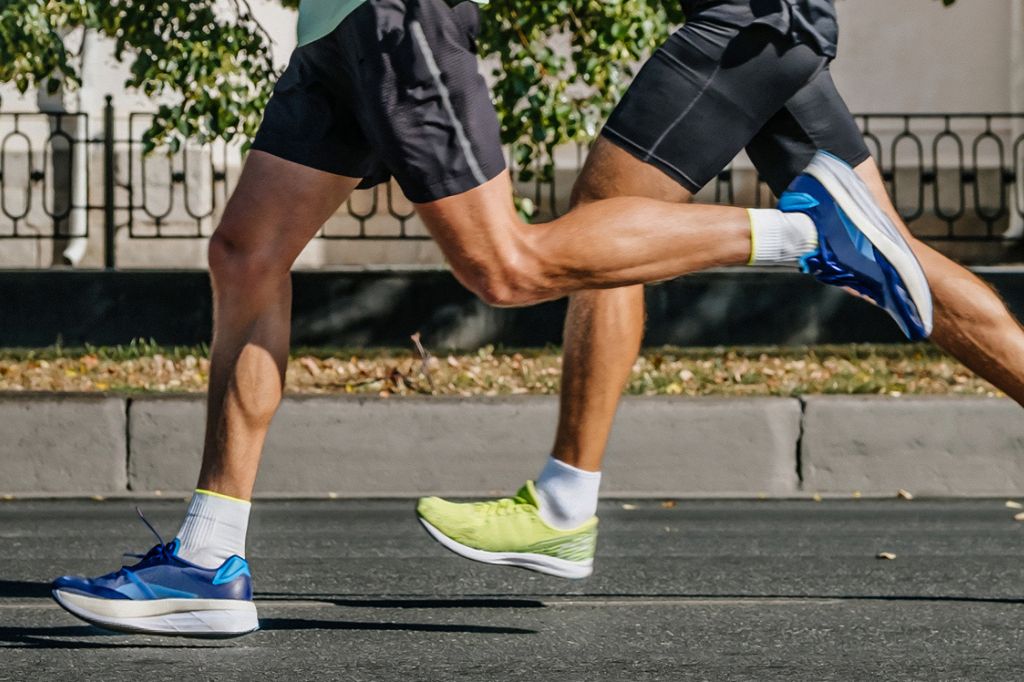
Running is a popular form of exercise known for its cardiovascular benefits and the sense of freedom it offers. However, many people wonder if this high-impact activity is bad for their knees. At Orthopedic Specialty Institute, we often encounter patients concerned about running and its long-term effects on knee health. Let’s explore this common query and provide clarity on how to protect your knees while enjoying your run.
Is Running Actually Bad for Your Knees?
The simple answer is no, running is not inherently bad for your knees. In fact, studies have shown that recreational runners have a 3x lower rate of knee and hip osteoarthritis than non-runners. However, running can pose risks to your knees if not done correctly.
Factors that Influence Knee Health During Running
Proper Form
Maintaining good running form is crucial. Poor form can lead to unnecessary stress on your knees, potentially causing pain and injuries. Techniques such as leaning slightly forward, keeping your knees bent, and not overstriding can help reduce the impact on your knees.
Correct Footwear
Wearing the right shoes is essential for protecting your knees. Shoes that provide adequate cushioning and support can absorb some of the shocks during running, reducing the strain on your knees.
Pre-existing Conditions
Individuals with weak knees or conditions such as arthritis may be more susceptible to knee injuries from running. It’s important to consult with an orthopedic specialist to assess your knee health and suitability for running.
Common Knee Injuries from Running
Several types of knee injuries can occur from running, especially if proper precautions are not taken:
Runner’s Knee (Patellofemoral Pain Syndrome)
This is the most common knee injury among runners, characterized by pain around the kneecap. It often occurs from overuse, misalignment, or issues with the patella tracking over the femur.
Iliotibial Band Syndrome (ITBS)
This injury involves the iliotibial band, a ligament that runs along the outside of the thigh from the hip to the shin. ITBS is caused by the band rubbing against the knee bone, resulting in inflammation and pain.
Meniscus Tears
The meniscus can be torn if the knee joint is twisted while bearing weight, a common risk during running.
Low-impact Alternatives to Running
If you find that running is too harsh on your knees, consider these low-impact alternatives that can offer similar cardiovascular benefits without the strain:
- Swimming: Provides a full-body workout and the buoyancy of water means almost no impact on your knees.
- Cycling: Whether stationary or on a bike, cycling is an excellent way to boost your heart rate while keeping the pressure off your knees.
- Elliptical Training: This machine offers a good cardio workout by mimicking the running motion in a low-impact way.
Do Your Knees Hurt When Running?
If you experience persistent knee pain or discomfort while running or afterward, it’s important to consult with an orthopedic specialist. At Orthopedic Specialty Institute, we offer comprehensive assessments and treatments tailored to your specific needs. We can help determine the cause of your knee pain and develop a treatment plan that may include physical therapy, medication, or possibly surgery for more severe conditions.
Don’t let knee pain keep you on the sidelines — contact Orthopedic Specialty Institute today.
